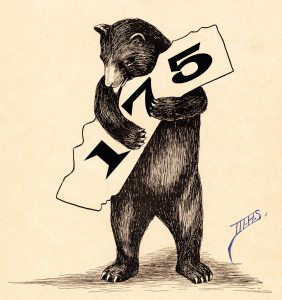“There’s only the American Dream and the California dream.”
—Gov. Gavin Newsom
This year marks the 175th anniversary of California’s admission to the U.S. as the 31st state. But statehood wasn’t the beginning of the story. Celebrating California is a collection of 175 stories that highlight California’s unique history and role in the world. The California State Library’s goal is to offer examples of California’s unique character and that of its residents, past and present. That means among the good there will be some bad. For every success story, there’s a failure, a tragedy, an injustice. It’s from these mistakes that we learn and grow stronger together. Share a story with the State Library that helps define what California means to you.
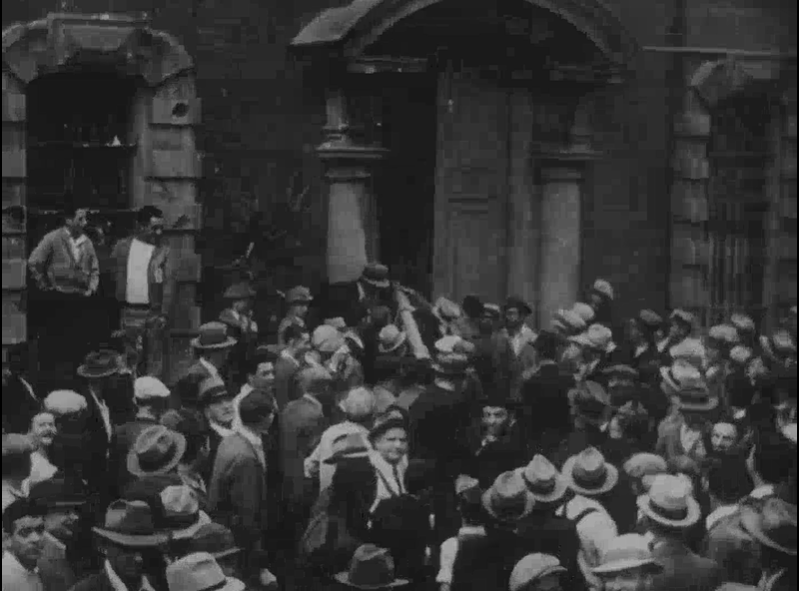
The Santa Clara County Jail off N 1st Street and E Saint James is a distinguished neoclassical building with a…
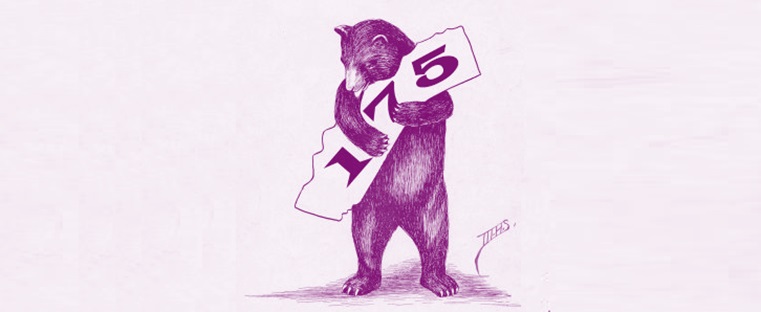
Del Martin and Phyllis Lyon move to San Francisco from Seattle in 1953. Hoping to meet other lesbians, the two…
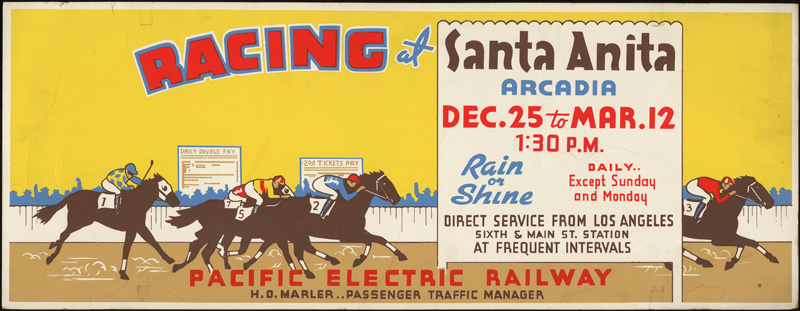
Elias Jackson (Lucky) Baldwin. Image courtesy of the California State Library On Christmas Day 1934, the venerable Art Deco track…
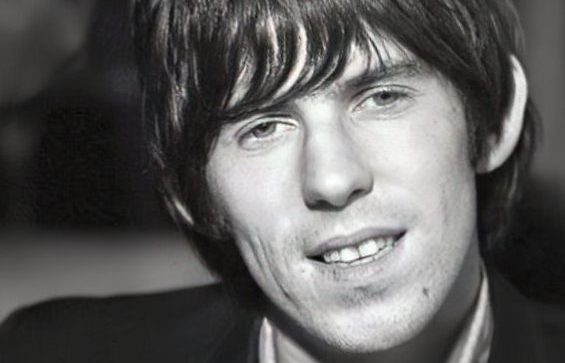
During a December 3, 1965 concert, a stunned audience at Sacramento Memorial Auditorium hears a loud pop and sees an…
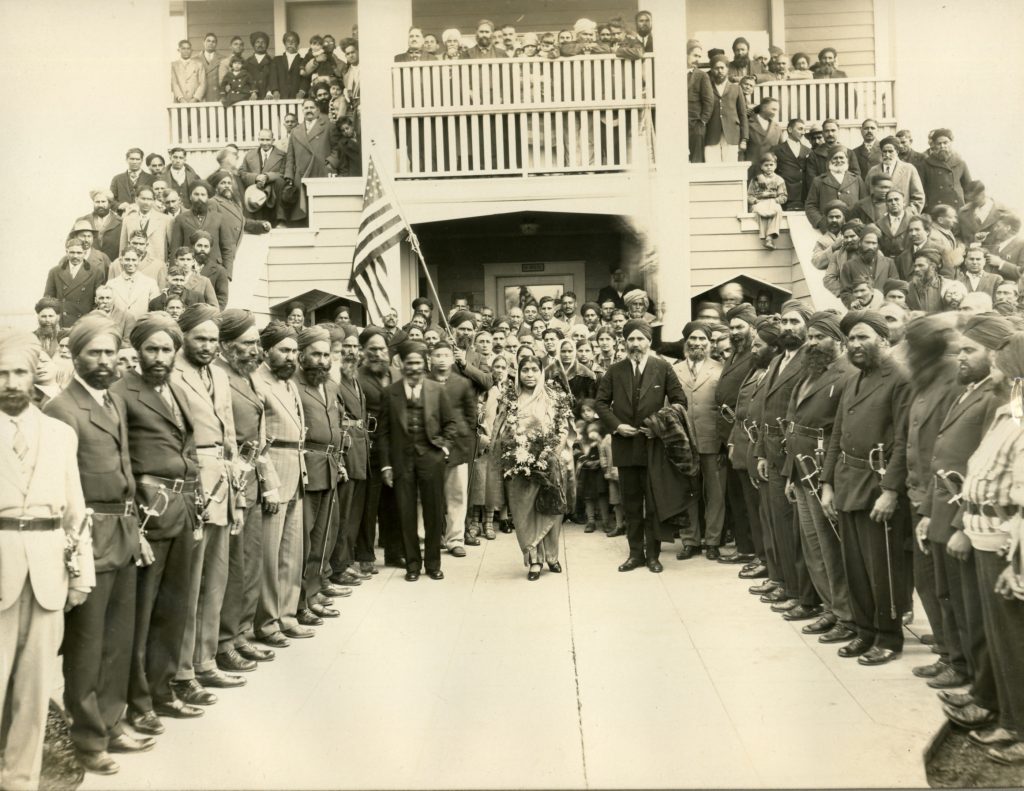
The first gurdwara serving the Sikh community in the United States and Canada is founded in 1912 on South Grand…
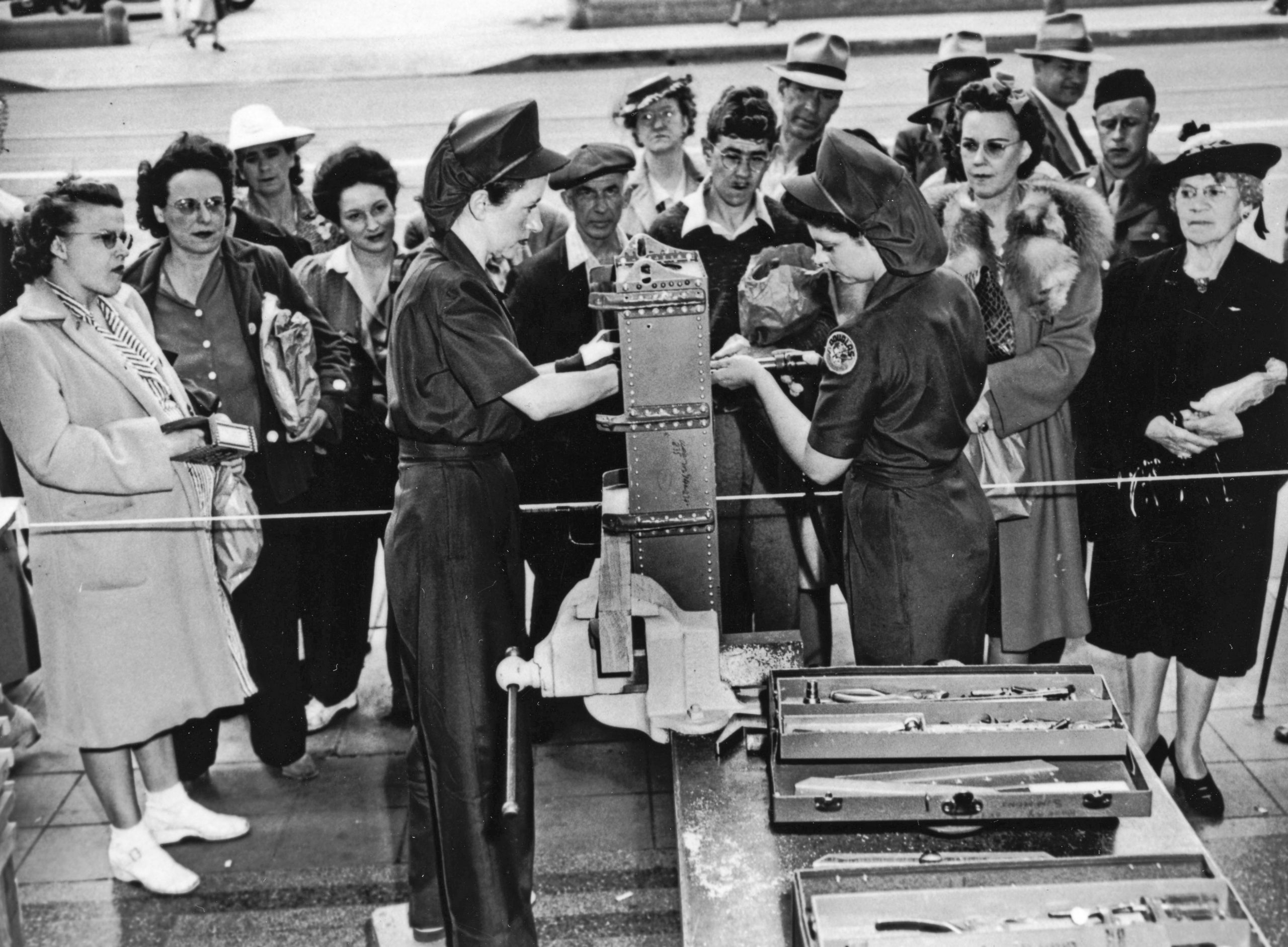
“You came out to California, put on your pants, and took your lunch pail to a man’s job. This was…
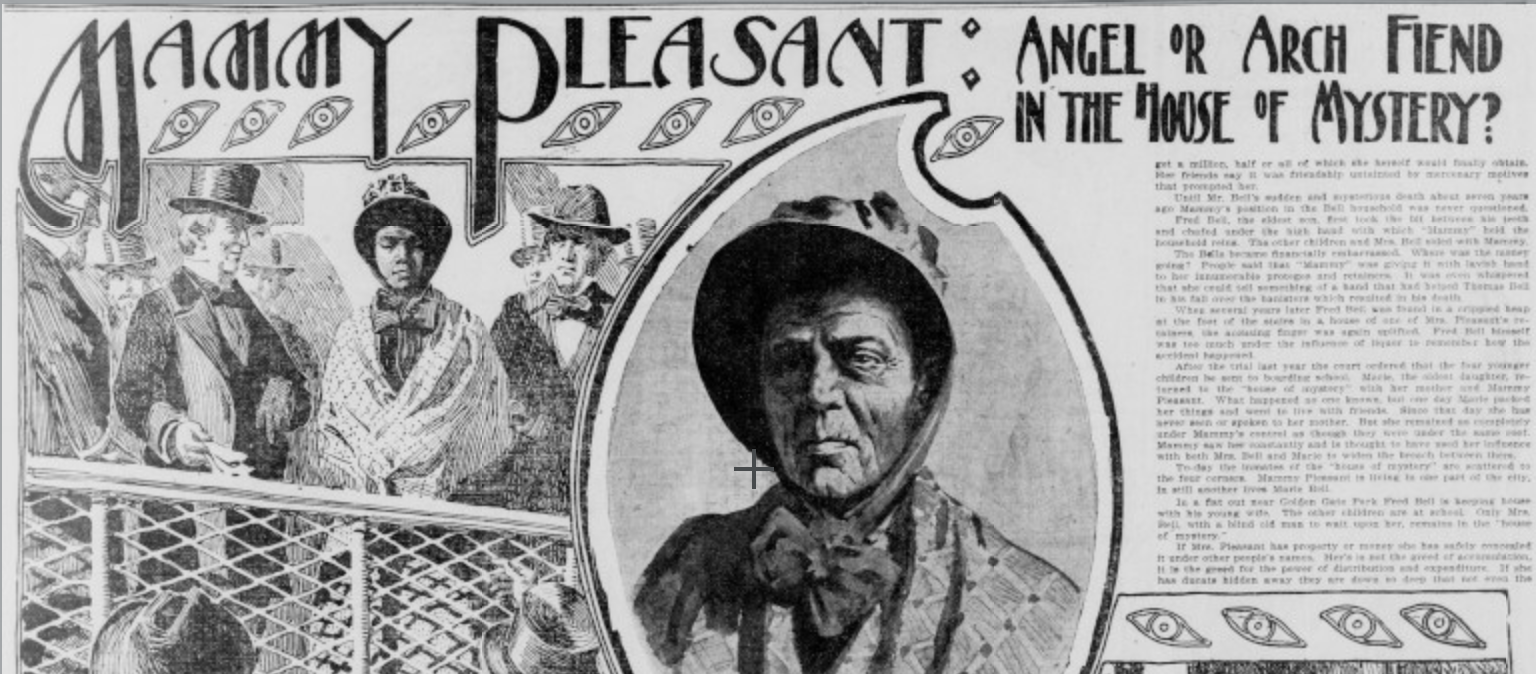
San Francisco Call, 29 December 1901, pg. 4 California Digital Newspaper Collection, Center for Bibliographic Studies and Research, University of…
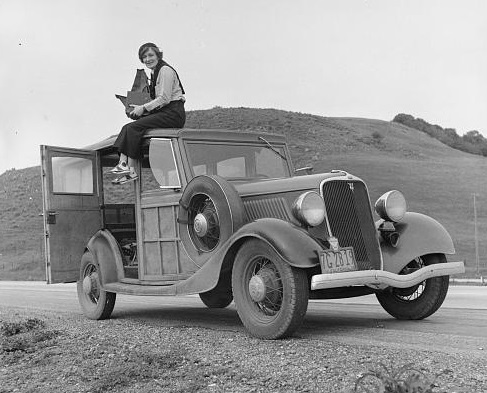
Lange in 1936 holding a Graflex 4×5 camera atop a Ford Model 40 in California, photographed by her assistant Rondal…
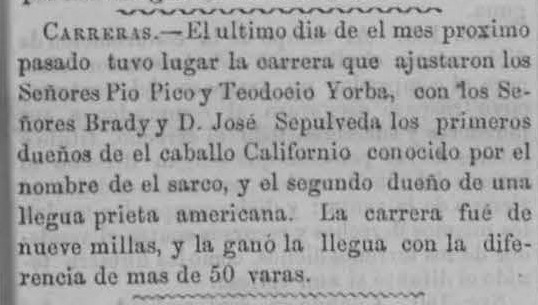
The year is 1852. It is a fine spring day in Los Angeles. A small black mare and her rider…
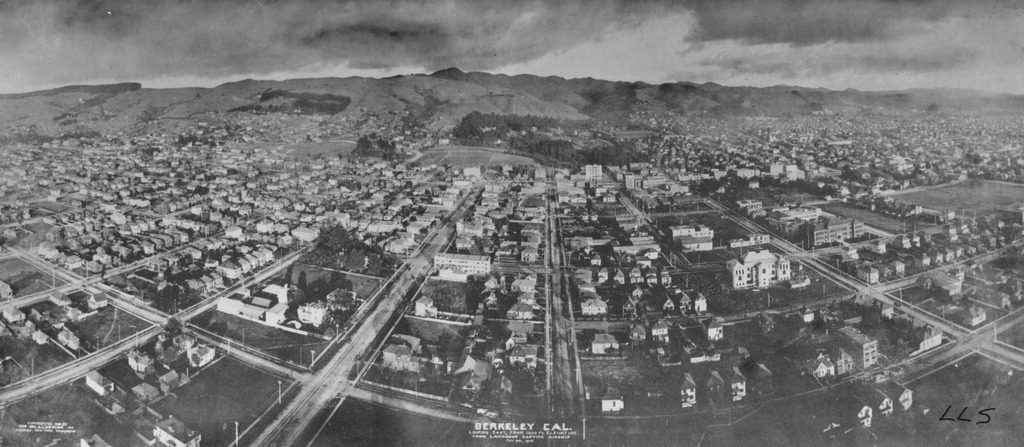
On January 1, 1909, the “seat of government of the State of California shall be changed from the city of…
